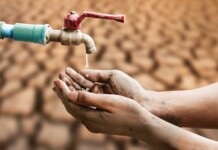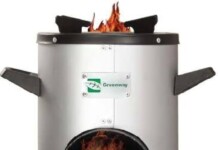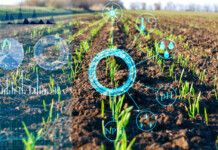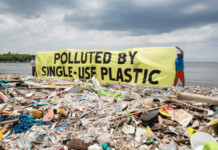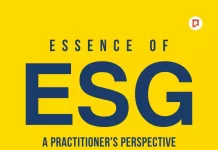Sachin Sharma left lucrative jobs at Morgan Stanley, Rabo Bank and Edelweiss to work on plastic waste recycling in 2013. An engineer and an IIM Calcutta grad, Sachin is today one of India’s leading leaders in waste management and extended producer responsibility (EPR) solutions provider.
In a deep dive with Benedict Paramanand, Editor of SustainabilityNext, Sachin Sharma, Founder and Director of GEM Enviro Management, shares how India can solve its waste problems smartly and efficiently.
Tell me about your company’s early days…
GEM Enviro Management was started with the purpose of enabling sourcing plastic waste into the recycling stream. We collected plastic waste from companies like Coca Cola, PepsiCo, and Bisleri, which they were selling to the unorganized players. Today we help them recycle their plastic waste as per the legal and management norms. We also installed nearly 40 reverse vending machines in different cities.
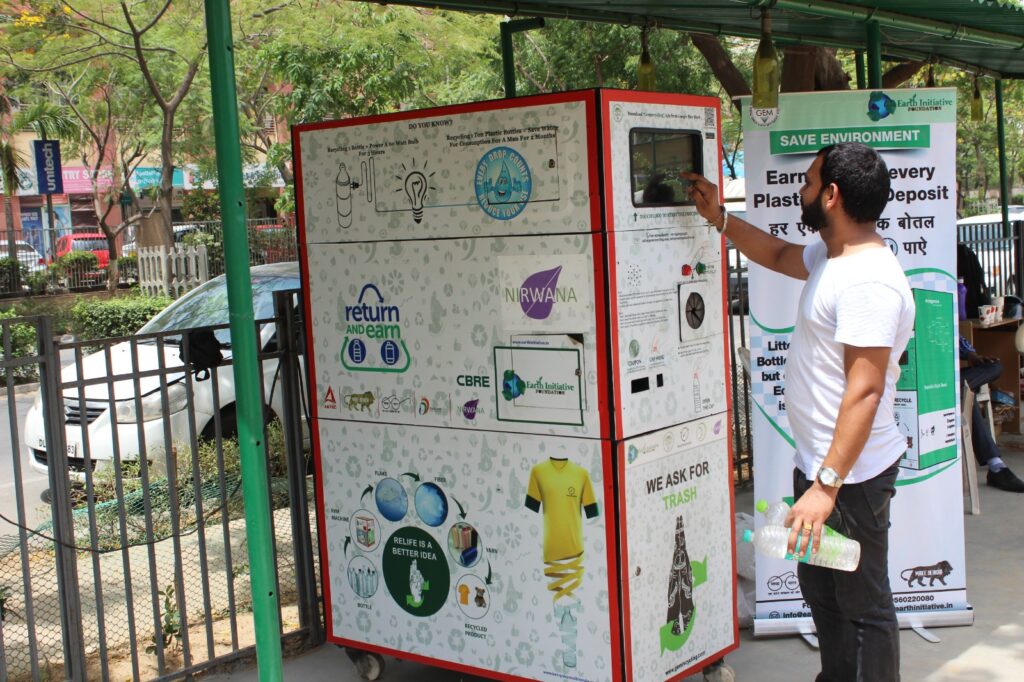
What is Reverse Vending?
Reverse vending machine is a machine where a user can put a bottle in it and collect a coupon or a gift as an incentive. We did a lot of experimentation also with these machines and we found that it’s always better to give a cash incentive.
The plastic waste EPR regulations were introduced in 2016 and from the year 2018 the government became serious in implementing the same. Initially we worked with companies like Coca Cola and PepsiCo to fulfill their EPR requirements. Last year we collected around three lakh tons of plastic waste and looking forward to gearing up to do one million tons shortly.
How is EPR an incentive for you?
Today we work closely with 150 odd companies and help them meet their EPR needs. We also do nearly 50 awareness activities every year. We organize these programs in schools, colleges, universities, even in office space, in manufacturing organizations.
For brands like Coke and Pepsi, will it be cheaper to use bottles made from R- PET?
It is not cheaper as on today. It’s about 20-25% more expensive compared to bottle made from virgin plastic. The primary reason for this is that the capacities are too low. Once the capacity increases it will become cheaper.
What about in advanced economies? Do they do the bottle-to-bottle recycling?
Yes. In Europe and North America. They mix R- PET chips with chips from virgin plastic to make recycled plastic bottles.
The deadline for introducing recycled content in packaging is just two years from now. Is the industry ready?
There is a lot of delay mainly because of constant policy changes. New capacities for recycled plastic are being I’m confident that the industry will meet the deadline.
Who benefits from the EPR credit?
Recyclers are the major beneficiaries. Since 2023, more than 1.5 million tons of EPR credits were issued. This is a big number.
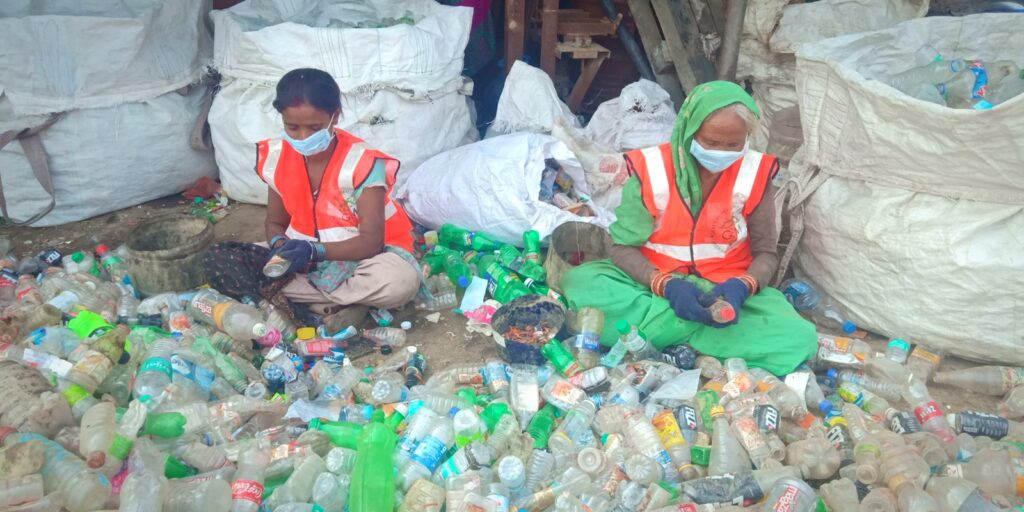
In your logo, why do you have Green Earth Movement
We started this program to avoid plastic going into landfills and make our mother earth green. We also focus on making merchandise out of plastic made of polyester fiber – a byproduct of recycling PET bottle.
Give me a sense of the huge plastic problem in India and to what extent are we currently solving? And what is the gap?
I am happy to say that more than 70% of the PET plastic is already being collected and recycled in India – better than many developed countries. In India, hard plastic is largely collected and recycled – the kind of plastic used by soft drink companies.
This plastic is recycled to form the recycled polyester fiber (RPSF). This is almost similar in characteristics to the normal plastic and is cheaper as compared to the normal fiber. This is used in various textile applications such as carpets and pillows.
Can soft drinks bottle be made from R- PET?
The government had not permitted it so far but recently the FSSI, the food quality certification body, has permitted it. Many companies have started adding infrastructure for bottles to be made from R- PET in India. The deadline for adding recycled material in packaging is 2026.
How big is your company?
We have about 50 employees headquartered in Delhi NCR. We work throughout the country and working with close to 150 brands. We have about 50 collection centers and more than 20 recyclers across the country where we send the material for recycling.
The waste management sector in India is still nascent…
The waste sector is beginning to mature with infrastructure and capital coming in. It is going to flourish in the coming years.
With the annual budget coming up? What are your demands?
GST of 18% on waste collection and recycling is huge. It was 5% before and we want that back. Because the informal sector is still big, such high GST tempts people to evade. This is a priority sector so imposing such high GST, which is equivalent to luxury products, does not make any sense.
We want the government to invest heavily on waste collection and sorting infrastructure. There are good technologies today for recycling efficiently.
We also need good subsidies to attract more investors in recycling.
Watch Full Interview – https://youtu.be/gLmATgkTmSs



